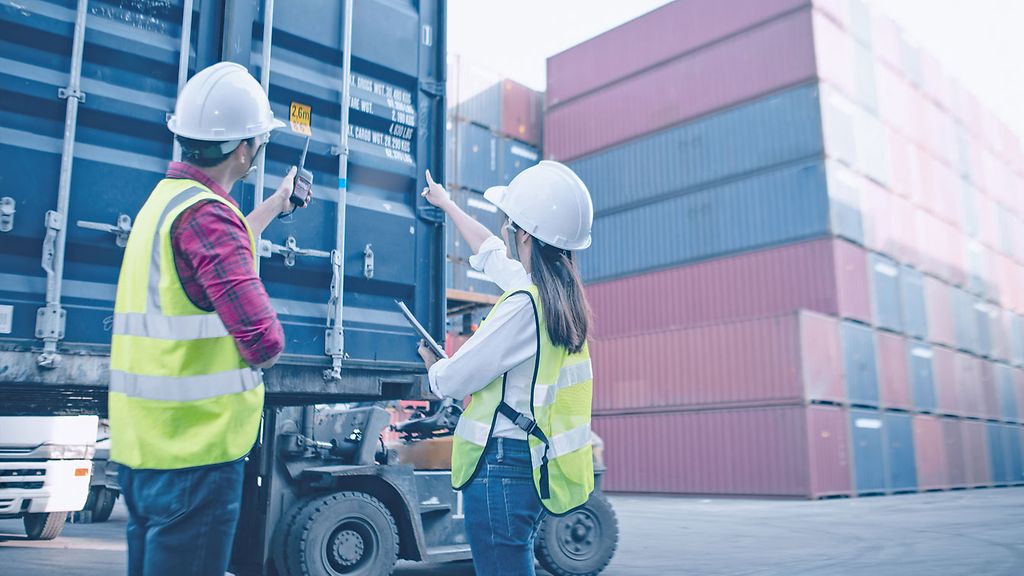
Customs in Germany and the EU
All member states of the European Union (EU), including Germany, form a customs territory - the European Customs Union - in which unified customs arrangements apply.
Goods imported into the EU are subject to EU-wide import regulations, customs tariffs and customs procedures. This means that customs duties are only levied when the goods are imported into the EU. No further customs duties must be paid within the customs territory once goods have been imported into the EU - even in cases where the goods cross internal borders of member states.
The legal basis is the European Union Customs Code (UCC). It is complemented by implementing and delegated acts. Transitional provisions (e.g. regarding IT procedures) exist in some instances - these will be effective until 2025. The EU has also concluded trade agreements allowing the duty-free import of certain goods or preferential tariffs with many countries.

